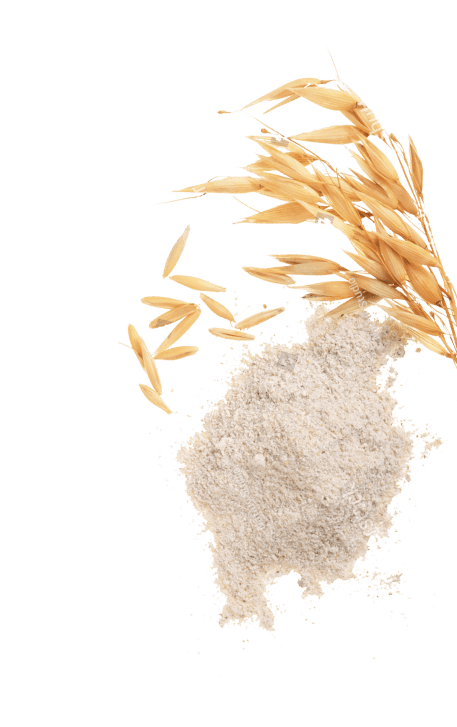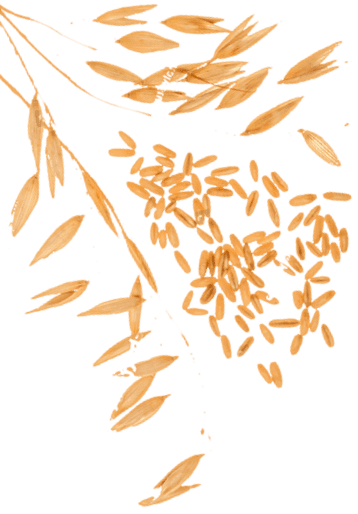The history of bere on Orkney
The ancient, six-rowed native barley, bere, is grown in the far north of Scotland and is well adapted to Orkney’s growing conditions through its rapid spring growth, short growing season, and tolerance to acid soils. Bere can be traced back to being used on the Islands more than 4,000 years ago and is commonly referred to as 90-day barley as it is sown later and harvested earlier than other crops.
The arrival of modern higher-yielding barleys in the 19th century led to the general decline in the use of bere. However a key factor for its survival on Orkney has been the Barony Mills in Birsay which has continued to grow, mill and then sell the ‘meal’. The mill which dates back to 1873, still uses traditional milling methods and is the only mill in the UK currently milling the crop.
Why beremeal and oatcakes?
Beremeal is a cream-coloured flour with a distinctive, earthy, nutty flavour and wholesome appearance, traditionally used to make bere bannocks – round flat scones. Being very proud of our Orkney heritage we wanted to develop a new product with an ingredient sourced from the Islands. Beremeal was a natural choice and after rigorous research and testing we have an oatcake which as well as having a unique taste and flavour, has a high fibre content and contains significant amounts of multi nutrients including folate (vitamin B12), thiamine (vitamin B1), iron, magnesium and iodine.
Our Beremeal Oatcakes have already been very successful having won best new product at the Highland and Island Awards 2016 and shortlisted for Healthy Choice at the Scottish Food and Drink Awards 2017.


